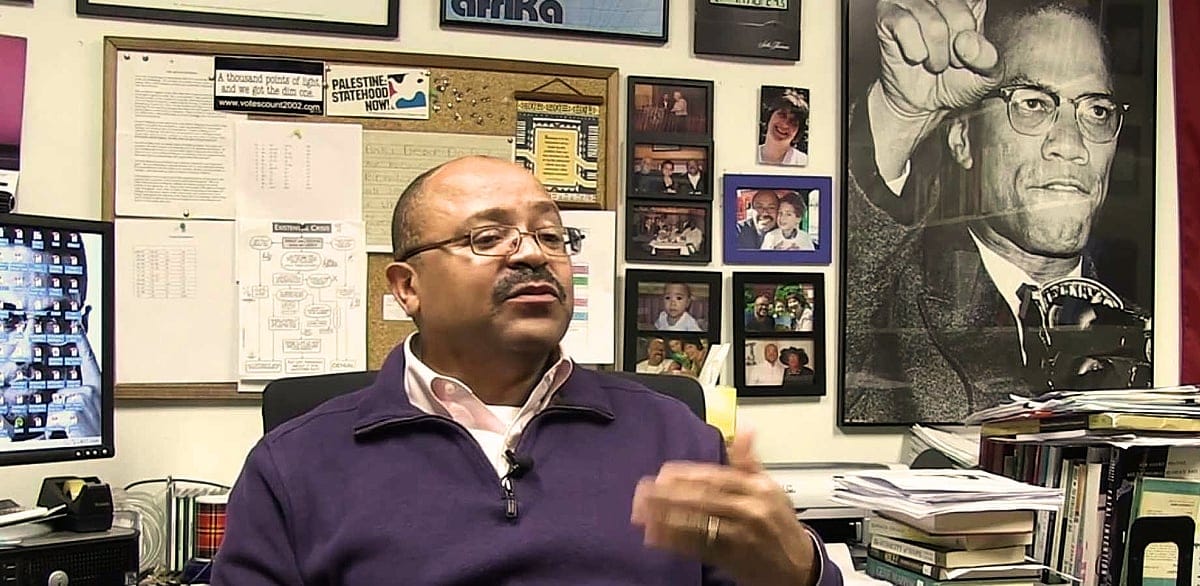Trinity College Losing Money, Students, Following Professor’s Facebook Post

HARTFORD — Trinity College, the elite liberal arts school where earlier this summer a black sociology professor kickstarted a fiery controversy after firing off a social media post appearing to endorse an online article calling on non-white people to let white people die, purportedly advocating the killing of white people, is now losing money and students.
In her July 31 letter to the Trinity College community, President Joanne Berger-Sweeney confirmed the school recently learned "that 16 students in the incoming Class of 2021 have withdrawn and cited this incident as the reason" but claimed that the withdrawals are "well within our usual summer 'melt,' as we call it, as some students make different decisions about where and when they might matriculate."
